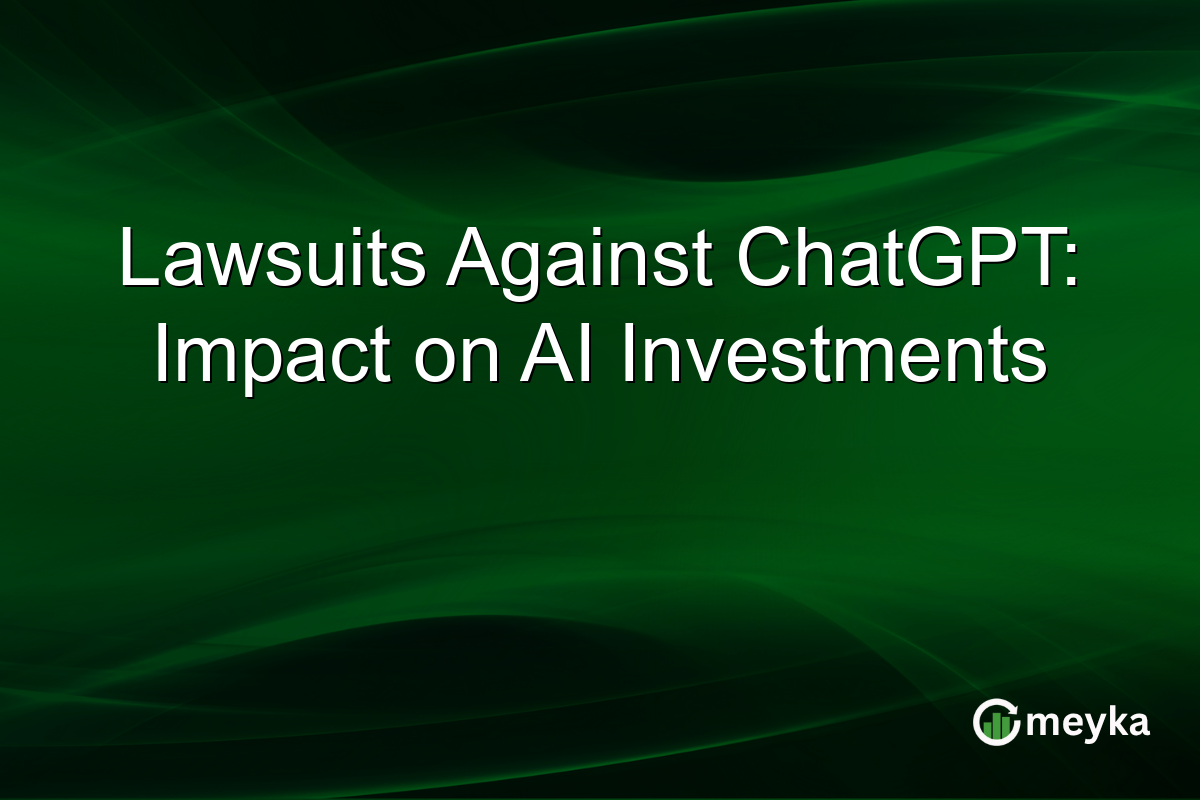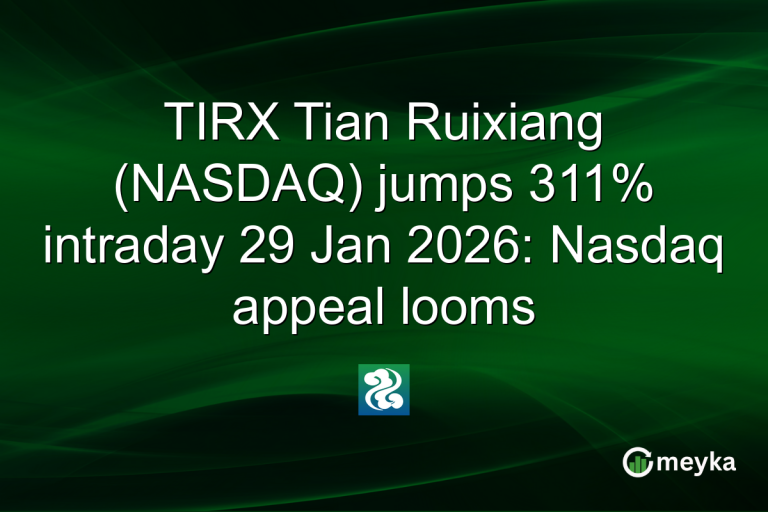Lawsuits Against ChatGPT: Impact on AI Investments
Recent lawsuits against ChatGPT, alleging the chatbot’s role in harmful discussions and potential mental health impacts, have sparked a wave of concern in the tech industry. As investors scramble to assess the implications of these claims, the focus intensifies on AI regulation and OpenAI litigation. Such legal challenges could reshape the future of AI investments and the broader tech landscape. With AI valuation potentially on the line, how will these developments influence investor confidence?
Continue Reading on Meyka
This article is available in full on our main platform. Get access to complete analysis, stock insights, and more.
Read Full Article →





